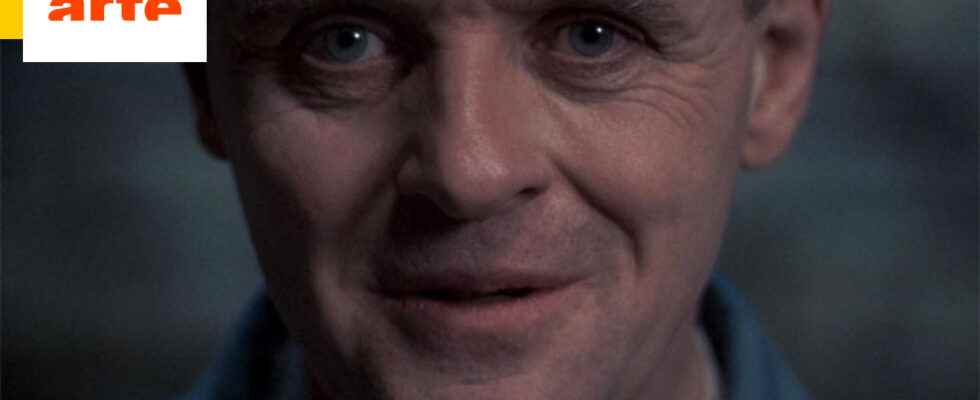Broadcast this Sunday evening at 10:40 p.m. on Arte, don’t miss “Hannibal Hopkins & Sir Anthony”, a fascinating portrait rich in interviews and film extracts, of an immense actor who has entered the history of the 7th art.
“I was stupid, asocial, and didn’t mix with other kids. I had no brains. I didn’t know what I was doing there. That’s why I became an actor.” This is how Anthony Hopkins talks about his childhood; or rather his difficult schooling, spent in his hometown of Margam, a suburb of the city Port Talbot, located in Wales. In reality, the young Anthony developed a real artistic inclination very early on, especially for painting, drawing, and the piano.
Spotted in 1965 by the quintessential Shakespearean actor, the great Laurence Olivier, who took him under his wing, he brought him to the Royal National Theatre. In his memoirs, Confessions of an ActorLaurence Olivier even wrote: “a new young actor who came into the company with a bright future by the name of Anthony Hopkins was studying under my authority, and left with the role of Edward [NDR : Edouard III, de la pièce du même nom signée Shakespeare] like a cat with a mouse between its teeth.
We could not write a more beautiful tribute for the one who will indeed become an immense actor, at the heart of the fascinating documentary Hannibal Hopkins & Sir Anthony, broadcast this evening on Arte at 10:40 p.m.
Rich in archives, film excerpts and interviews, in which he delivers himself without detours, this portrait explores the tumultuous destiny of an actor with a complex personality, whose British phlegm of facade conceals a tempestuous temperament that glory has softened.
Here is the trailer…
Ambitious and rebellious, also dragging a malaise due to a lack of self-confidence that he drowned for a time in alcohol, Anthony Hopkins feels too cramped in England, and aspires to make a career in Hollywood.
“I don’t know what my role is in this world. I came to Hollywood to act in films. To be an actor. I was a bad boy. I couldn’t stand English theater anymore. I didn’t feel Not in my place. It was no one’s fault. It was not in my nature to be part of this group. I reinvented my life, I came here years ago, and here is the result . I am combative, rebellious. And happy!” says Hopkins.
If Hollywood likes above all to format its talents by making them fit into stereotypes, Hopkins draws its strength precisely by not fitting into any mold. Mad ventriloquist with Richard Attenborough in the too little known Magic, he stands out even more in his fabulous role of doctor Frederick Treves in David Lynch’s Elephant Man, with whom he nevertheless maintained execrable relations on the set.
In the 90s, he was definitely put into orbit thanks to his extraordinary Oscar-winning interpretation of Hannibal Lecter in The Silence of the Lambs, rightly considered one of the greatest compositions ever made of a villain on screen.
His performance was also ranked first in the Top 100 drawn up by the American Film Institute in its list of the greatest villains in the history of cinema, which is however only present 16 minutes on the screen. “I didn’t want to play on the evil side. Playing the madness of a madman is ridiculous. So I chose to play his super sane side. The highly civilized part of Hannibal’s brain. His evil aspects are there too, but it’s up to the viewers to judge” he said.
Sony Pictures
Turning with the greatest, like Coppola in Dracula where he composes a brilliant Van Helsing, Spielberg (Amisstad) or Oliver Stone (Nixon), the one that Jodie Foster qualifies as “perfect repressed English gentleman” also deploys marvels of subtlety under the refined direction of his compatriot James Ivory, notably in Return to Howards End and The Remains of Day.
Oscar winner again at 83 for his masterful composition in The Father where he plays with his own old age, headliner with James Gray in Armaggedon Time, Anthony Hopkins fortunately has not yet finished with his passion for acting. .
“I have nothing left to prove. All the little doubts that go back to my childhood… It’s as if a voice inside me was saying: ‘You weren’t so stupid, you were different’ he ends by way of conclusion. Sir Anthony Hopkins, in Majesty.
